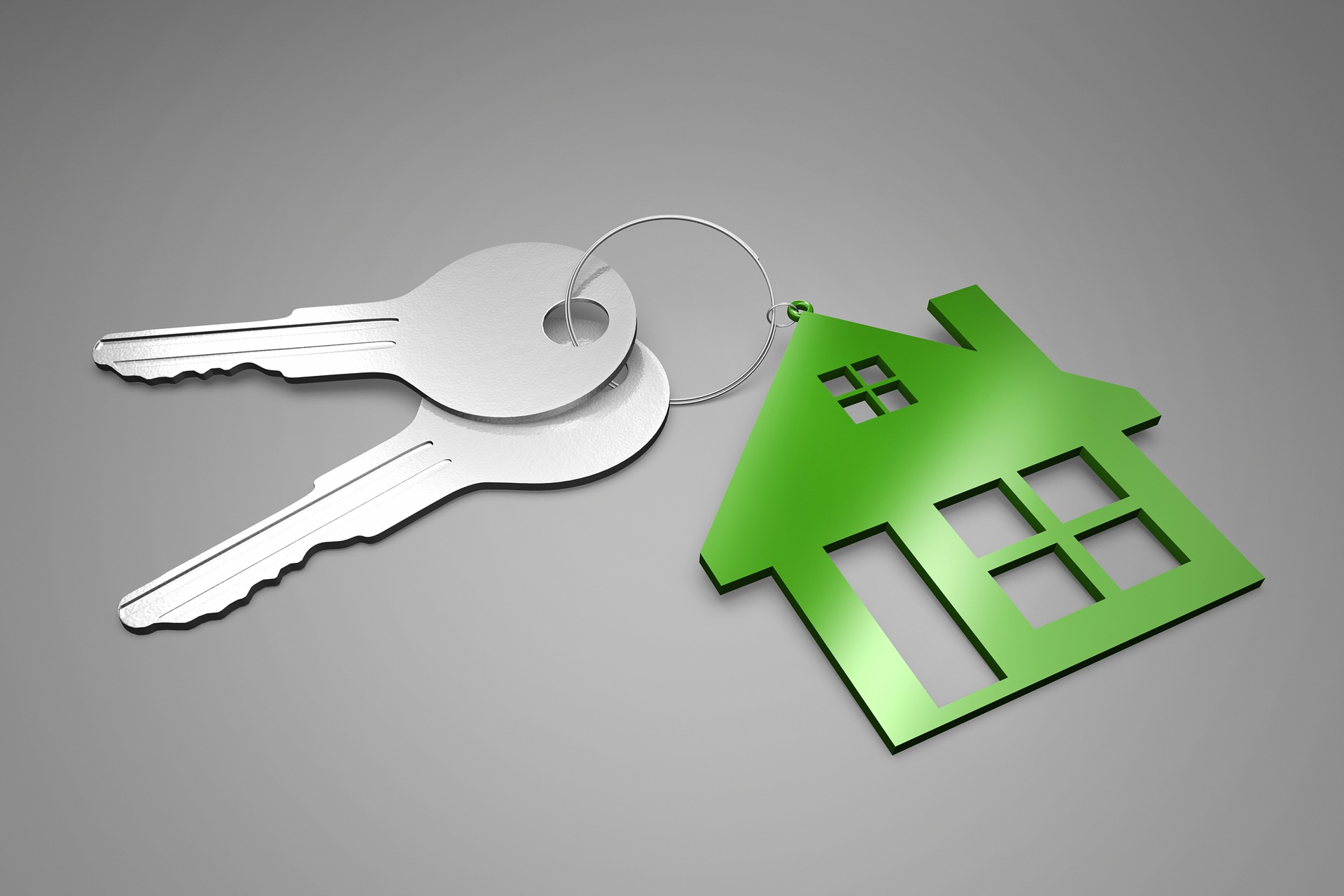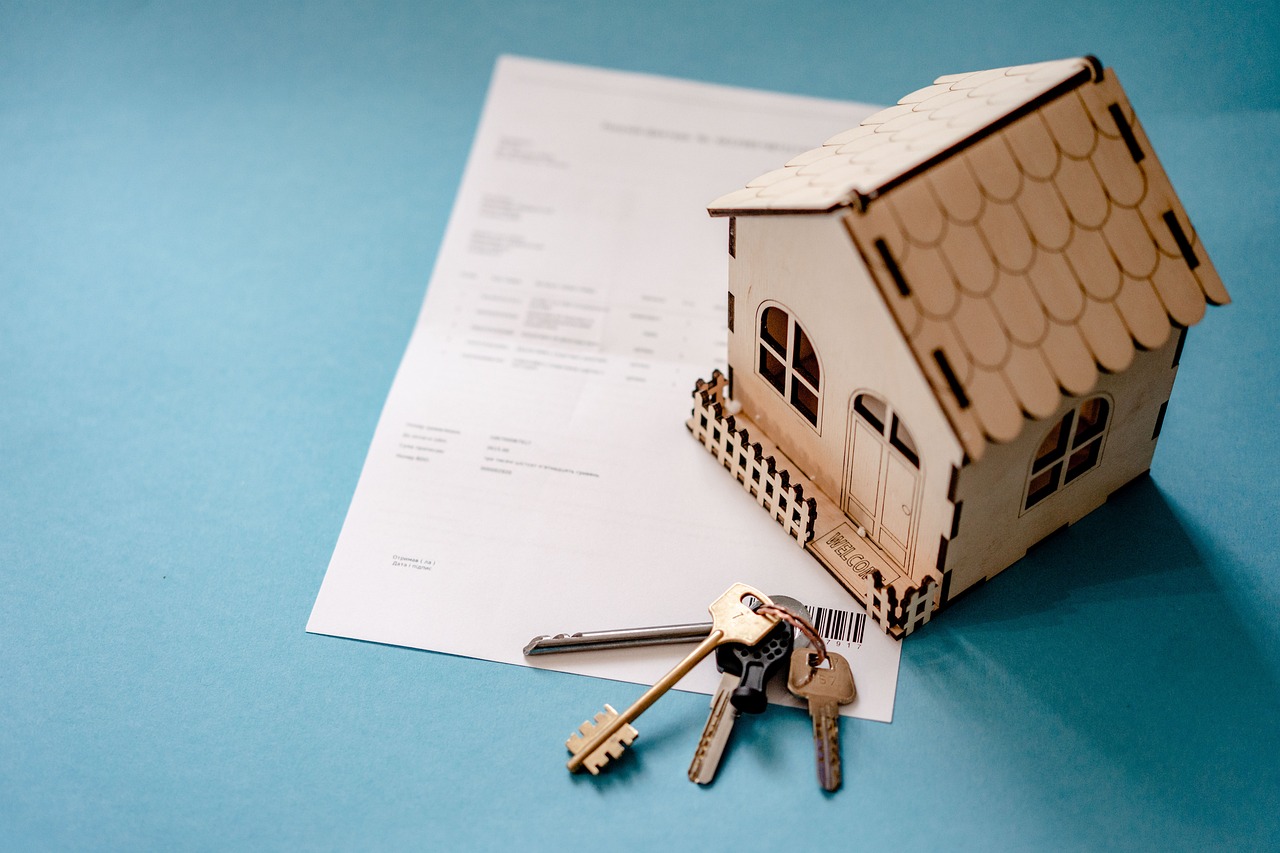
If My Pay Stub Says Vacation Time Do They Have to Give It to Me?
Ever glanced at your pay stub and wondered, 'if my pay stub says vacation time do they have to give it to me?'
Oct 31, 2023If you're wondering, "What if I don't have pay stubs can I still get a home mortgage?" you're not alone.

If you're wondering, "What if I don't have pay stubs can I still get a home mortgage?" you're not alone. In the world of house purchases, a no-income verification mortgage offers a solution for those without traditional proof of earnings. This type of mortgage, vital for its flexibility, allows buyers to secure a home loan without standard pay stubs, highlighting its importance and benefits for diverse financial situations. In this guide, we at Check Stub Maker will unravel the mysteries of acquiring a mortgage without conventional pay stubs We'll also delve into the essence of no-income verification mortgages, their significance, benefits, and explore viable alternatives, ensuring you're well-informed every step of the way for securing a home loan. What this article covers:
Based on our observations, various mortgage loan options cater to those without traditional income verification, such as:
At Check Stub Maker, we understand the importance of navigating these options smoothly. When you're unable to procure the loans above, we've got your covered. With our pay stub generator , you can create crucial payroll documentation for various loan applications, so you get one step closer to securing your dream house.
Unlike conventional loans that require a w-2 or paystub for loan application , a no-income verification mortgage allows buyers to secure financing without standard paperwork.
No-income verification mortgages, also known as ‘no-doc' or ‘stated income' loans, operate on the principle of trust in the borrower's ability to make repayments. Instead of traditional proof of earnings, lenders may rely on other factors such as:
Through our practical knowledge, no-doc mortgage loans are tailored for self-employed individuals, freelancers, and people with irregular salary streams.
These types of mortgagors typically qualify for a no-income verification mortgage:
As per our expertise, having a strong financial profile, excellent credit, ample equity, or making a higher down payment, are key eligibility criteria for this type of mortgage. With us at Check Stub Maker, you're poised to prepare the best possible documentations for such applications.

After the 2008 financial crisis , regulations around these loans tightened, making them safer for both lenders and borrowers. Modern no-doc loans now often require more substantial proof of the mortgagor's ability to repay, such as bank statements or asset paperwork. While they carry higher interest rates and fees to offset the loan officer's risk, when used judiciously, they can be a secure and effective way to finance a house purchase. This is especially useful if you don't qualify for traditional home loans.
Let's look at the advantages and disadvantages of no-doc mortgages in greater detail.
No-income verification mortgages offer a unique solution for certain borrowers, balancing ease of access with a higher cost. At Check Stub Maker, we're here to support you through the complexities of mortgage applications, providing tools like our pay stub creator to help streamline your documentation in instances where you still require proof of wages.
No-doc mortgages aren't the only option for those lacking the conventional means to procure home loans. We're committed to helping you navigate the myriad of mortgage solutions, ensuring you find an option that best aligns with your financial situation. Table: Alternatives To No-Doc Mortgages
Other Mortgage TypesDescriptionIdeal ForConsiderationsProfit and Loss (P&L) Only Mortgages- Lenders evaluate a borrower's income based on their business's profit and loss statements
Bypasses traditional income documentation
Self-employed individuals
Business owners with fluctuating wages
Requires detailed and accurate Profit & Loss (P&L) statements to prove earning stability and ability to repay the mortgage
Federal Housing Administration (FHA) Loan- Government-backed loans that allow for lower down payments and more flexible salary confirmation
Still requires financial paperwork to show evidence of earnings
First-time homebuyers
Those with lower credit scores
People with non-traditional incomes
May come with mandatory mortgage insurance premiums that add to the monthly loan costs
Non-Qualified Mortgages (Non-QM)- Loans that don't meet the strict criteria set by the federal government
Offer more flexible income confirmation processes
Mortgagors with high net worth but irregular wages like freelancers or consultants
Often have higher interest rates
May require a larger down payment
Hard Money Mortgages- Short-term loans from private investors or companies
Secured by the property
Focuses on property value rather than borrower's income or credit score
Real estate investors looking to purchase properties quickly without traditional confirmation of earnings
Higher interest rates and fees
Shorter repayment periods
Private Lenders- Loans from private entities or individuals
Can offer more personalized terms and requirements
Mortgagors unable to get financing through traditional or alternative loan sources
People seeking more flexible loan payment options
Essential to have formal agreements in place to outline terms and avoid potential financial issues or legal conflicts
P&L Only Mortgages are an innovative option for those who are self-employed or business owners. Instead of using W-2s or pay stubs, lenders evaluate profitability through your business's profit and loss statements. This approach offers a more accurate reflection of your income, especially when it fluctuates. By presenting loan officers with a comprehensive P&L statement, you can demonstrate your ability to afford a mortgage After putting it to the test, our paystub maker helps entrepreneurs create accurate payroll paperwork to aid with their requests for a P&L Only Mortgage.
FHA loans are government-backed mortgages that offer lower down payment requirements and are more lenient with credit scores. While they do still require certain proof of wages, an FHA loan is more flexible about the type of income documentation that's accepted. For instance, if you have a non-traditional job, you can use paystubs , bank statements, or employment contracts to prove your monetary stability.
Non-QM loans cater to borrowers who don't fit the standard federal guidelines for mortgages. These include freelancers or consultants with a higher net worth but irregular salaries. Non-QM loans can offer more flexible income verification processes, including bank statement loans or asset-based loans. While these mortgages might come with higher interest rates, they provide an alternative path to homeownership for those who can't provide traditional wage papers.

Hard money loans are typically offered by private investors or companies, and are secured by the property you're purchasing. Our findings show that these loans focus more on the value of the property and your equity in it rather than your income or credit score. Although hard money loans can be more expensive in terms of interest rates and fees, they're a quick and accessible option for investors looking to purchase property without utilizing traditional wage verification.
Turning to private lenders can be another option if you're struggling to get a mortgage through conventional means. Examples of private lenders can include:
As per our expertise, this loan option may offer more flexible terms and requirements than traditional financial institutions. While this route can provide the necessary funds to purchase a house, we recommend having clear, formal loan agreements in place to avoid future conflicts. At Check Stub Maker, we understand the importance of finding the right mortgage solution for your unique lending situation and we're here to assist. Always consider your monetary stability and ability to meet the loan's obligations before proceeding.
A mortgage is a type of loan specifically designed for purchasing real estate. When you take out a mortgage, the property you're buying serves as collateral for the loan. This means that if you fail to make payments, the lender can take possession of the property. Mortgages are long-term commitments. They typically span 15 to 30 years, and involve a detailed application process to ensure borrowers can meet their repayment obligations.

A home loan is a broader term that refers to any loan used to purchase a house, including mortgages. While all mortgages are home loans, not all home loans are mortgages. They can also include other types of financing for home purchase or improvement, such as:
Lenders assess your income source and stability to determine your ability to repay a mortgage or home loan. Based on our first-hand experience, traditional employment provides a steady salary, evidenced by pay stubs and W-2 forms. This makes it easier for loan officers to evaluate your economical health. For those without traditional wage papers, proving financial security becomes more challenging but not impossible. Alternative documentation, such as bank statements or profit and loss statements for self-employed people, can be used. This assessment ensures that borrowers aren't overextending themselves and that the loan is a safe investment for the lender.
Navigating the landscape of mortgages for houses or getting apartment without 2 pay stubs might seem daunting at first. With that said, we've discovered that options abound—from the flexibility of No-Doc Mortgage loans to other innovative financing solutions like private lenders which can assist in this regard. Whether you're self-employed, a freelancer, or simply in need of alternative verifiable income paperwork, we invite you to try our user-friendly payroll services. At Check Stub Maker , we can help you make your homeownership dreams a reality. So, visit us at and take the first step today with our user-friendly paystub creator ! If you want to learn more, why not check out these articles below:

Ever glanced at your pay stub and wondered, 'if my pay stub says vacation time do they have to give it to me?'
Oct 31, 2023
Do you need pay stubs to buy a car? Yes, you do!
Jul 02, 2024
Are you currently thinking of becoming a homeowner? A common question we encounter is "How many pay stubs for mortgage are needed”?
Feb 28, 2024